Treatment
Advertisement
The rapidly evolving landscape of MIBC care requires healthcare professionals to quickly adapt to patient needs.
The study identified five areas of need related to navigation for patients with hepatocellular carcinoma.
Learn about the mediating effect of dyadic coping on the relationship between family functioning and meaning in life.
The study enrolled adults with cancer who applied for financial assistance and participated in longitudinal survey studies.
Nurse-led health coaching showed significant benefits for clinical and psychosocial outcomes in patients with cancer.
The study leveraged AI to analyze more than a decade of social media content about the experiences of transgender patients.
Many patients experience psychological distress after transarterial chemoembolization, which can hinder their recovery.
CyberKnife SBRT is an effective treatment modality for liver cancer, but the overall efficacy is dependent on immune status.
Ken Culver, MD, director of research and clinical affairs at ALK Positive, discusses the organization's goals and resources.
Given the nuanced nature of ER-low disease, nurses should provide clear, evidence-based education about the role of ET.
A new study highlights the critical role of nurses in cost-effectiveness and resource management.
A recent study suggests that precision medicine programs may be able to target differences in gut microbiota.
Increased travel time and rural residence were each associated with lower odds of receiving certain types of treatment.
Early referral to a fertility specialist and individualized care plans can help patients navigate their options.
The analysis, presented at ASCO 2025, evaluated patient-reported outcomes and collected data on patient quality of life.
Dr. Loibl discusses the importance of involving nurses in breast cancer treatment to mitigate medication side effects.
Chronic GVHD can increase the risk of infections, graft failure, and multi-organ dysfunction in patients.
Nurses should be aware of this issue and work with environmental services and nursing leadership to ensure proper cleaning.
Dr. Darabos highlighted that a lack of social support in patients with cancer is associated with adverse health outcomes.
Researchers evaluated whether TKIs increase the risk of hernias or hernia complications due to their impact on wound healing.
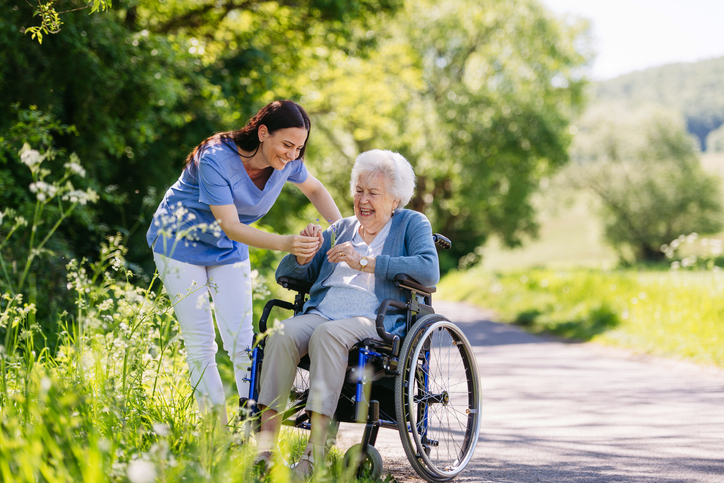






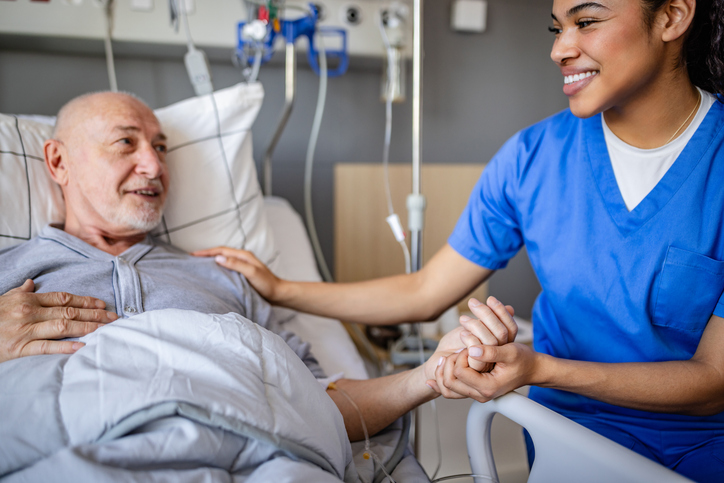






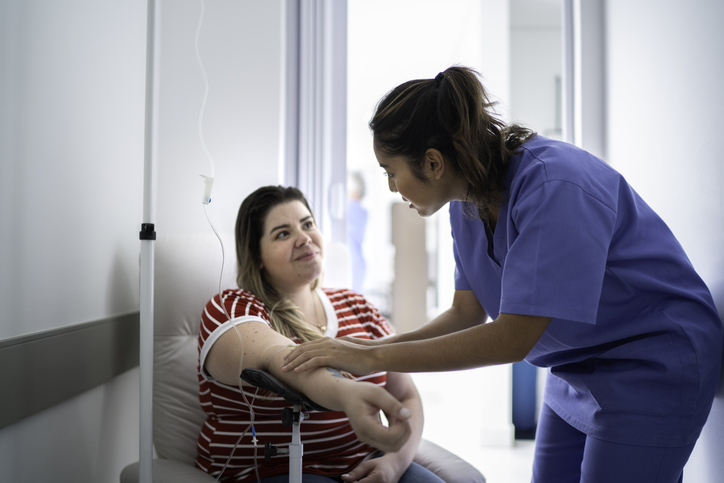
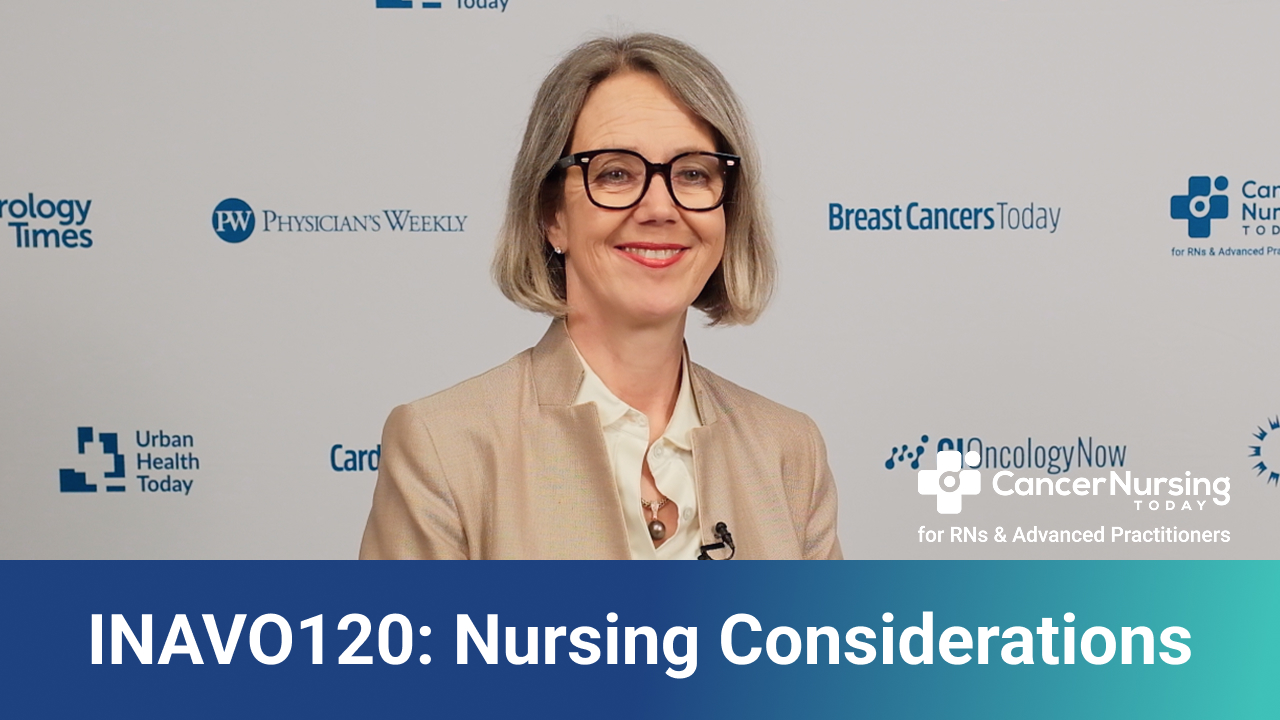


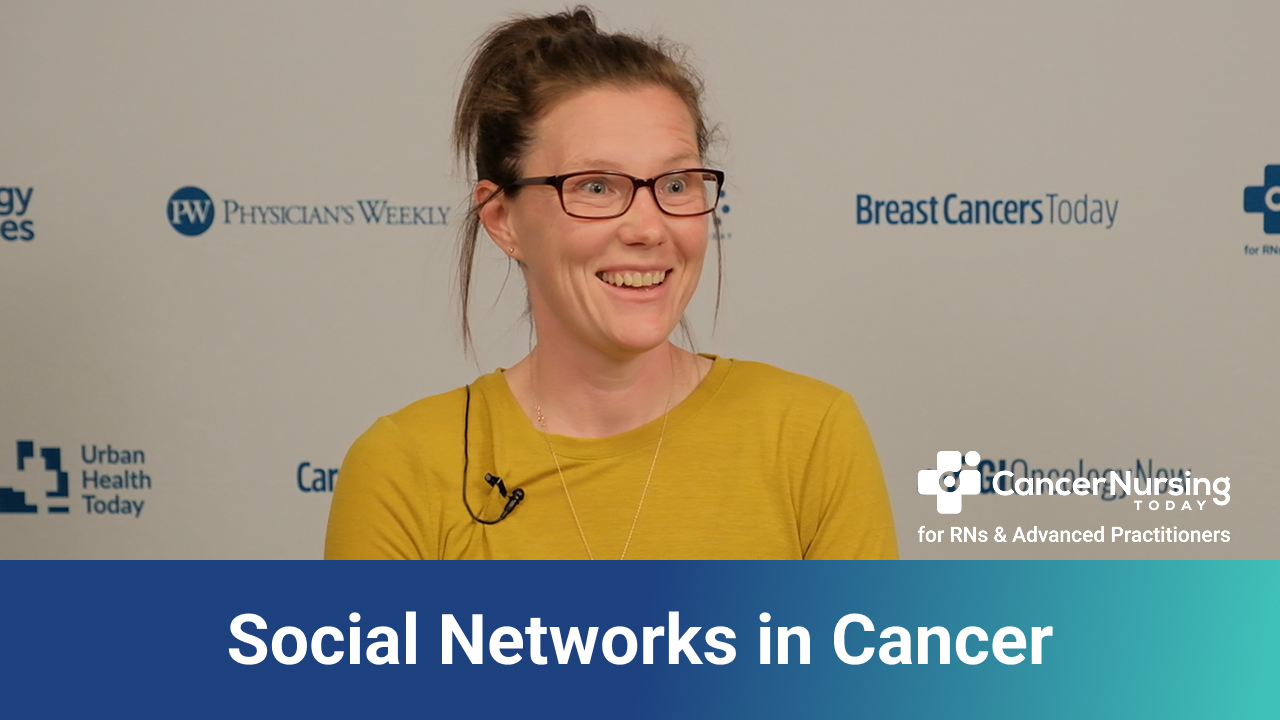


 © 2025 Mashup Media, LLC, a Formedics Property. All Rights Reserved.
© 2025 Mashup Media, LLC, a Formedics Property. All Rights Reserved.